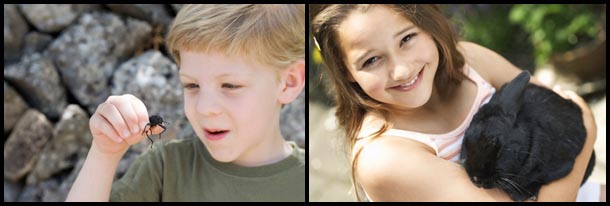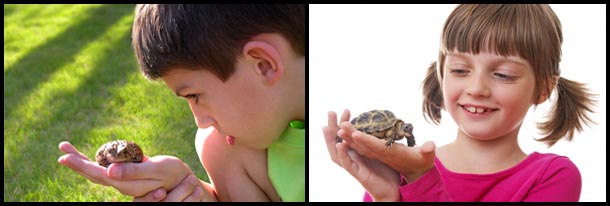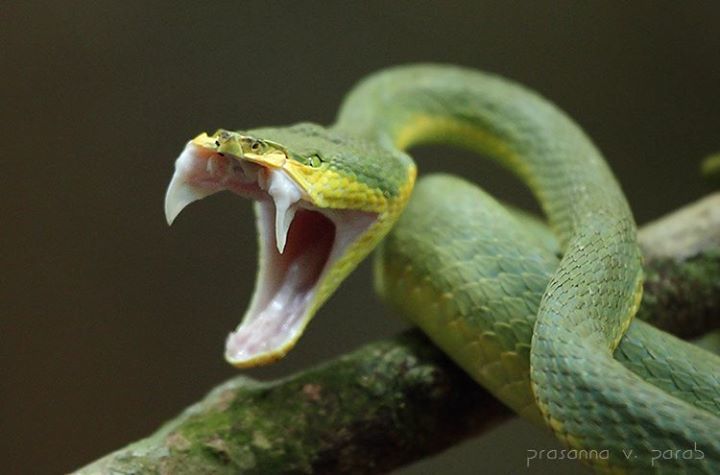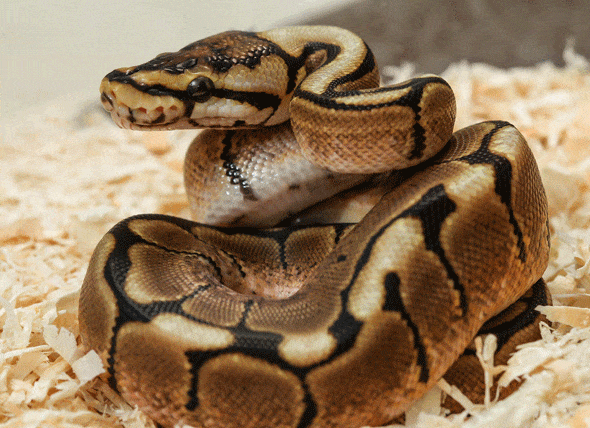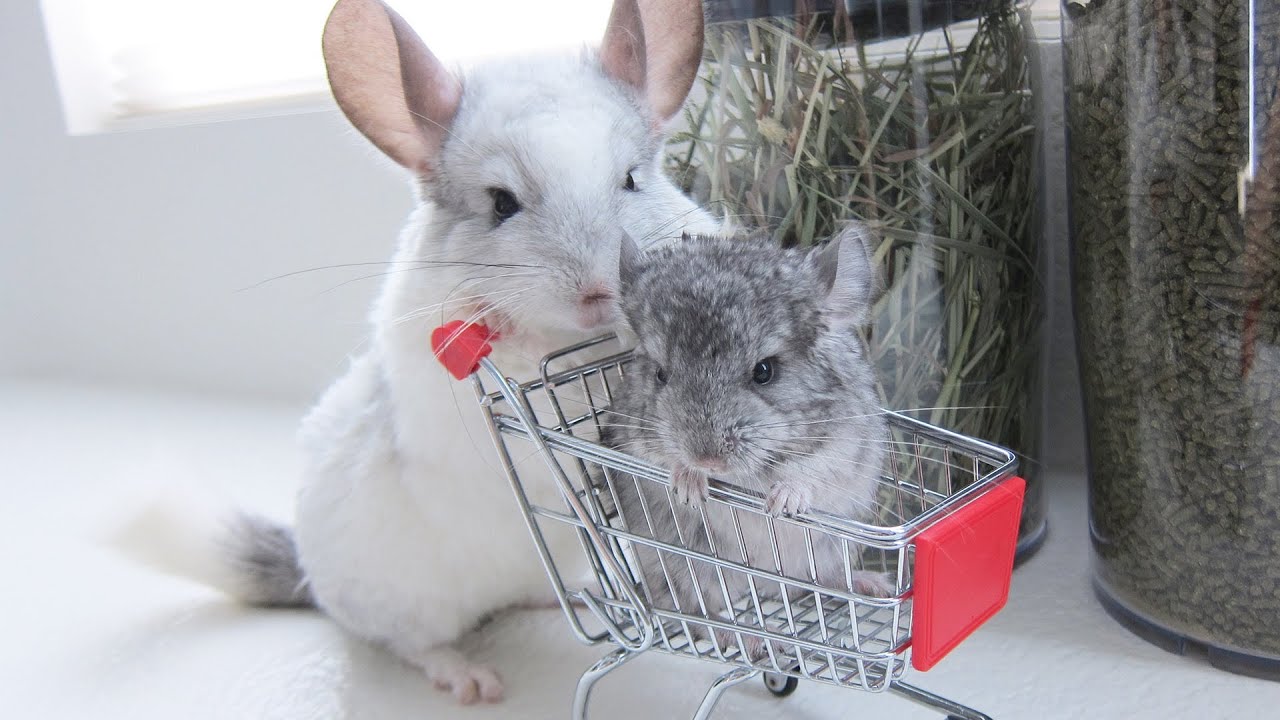
What is a chinchilla? A chinchilla is a furred rodent, with mouse-like ears and a long fluffy tail which makes up around one-third of their body length. Though they look like slightly oversized, fluffy squirrels they have two razor-sharp teeth. A chinchilla’s length will range from around 22 – 49 cm; if you take a… Read more »
